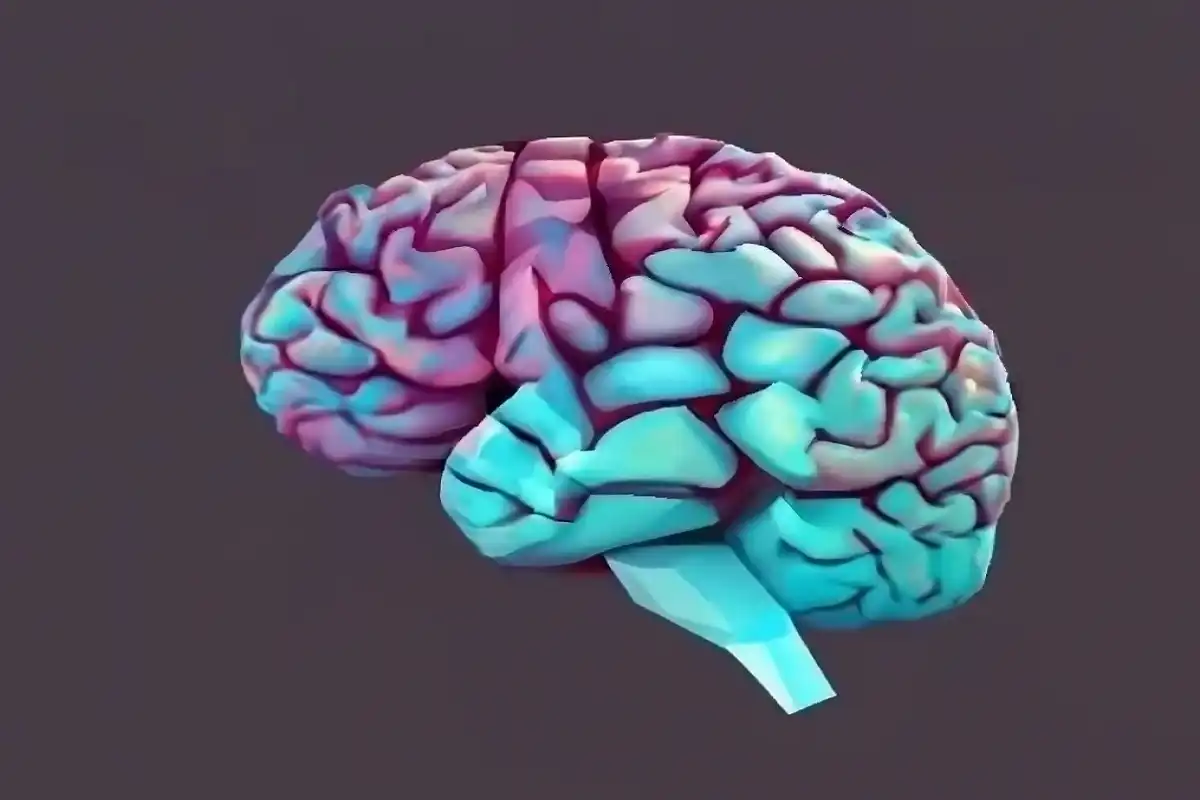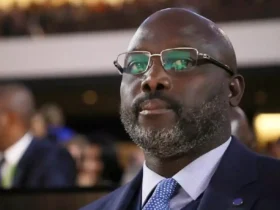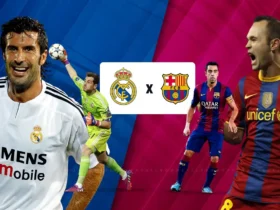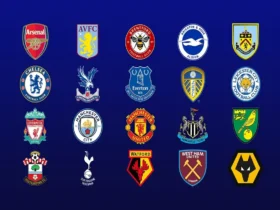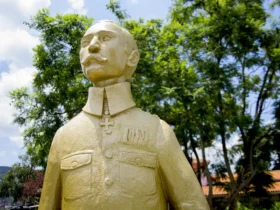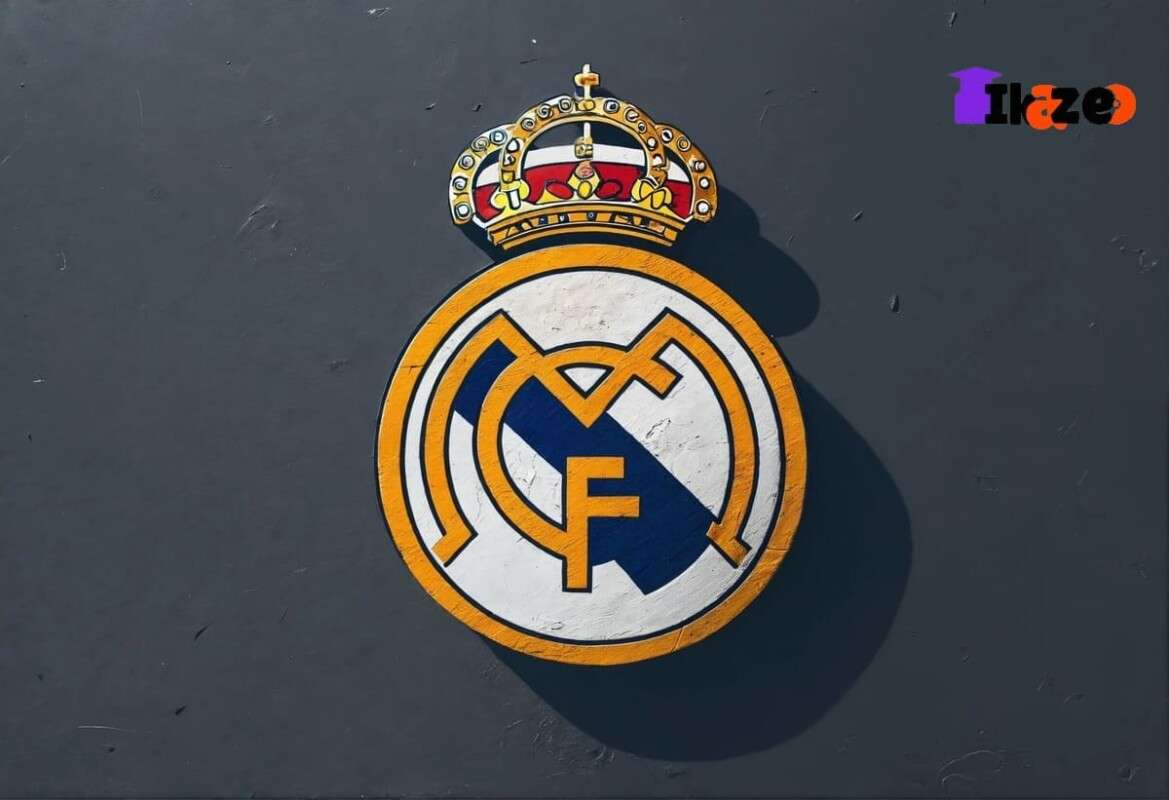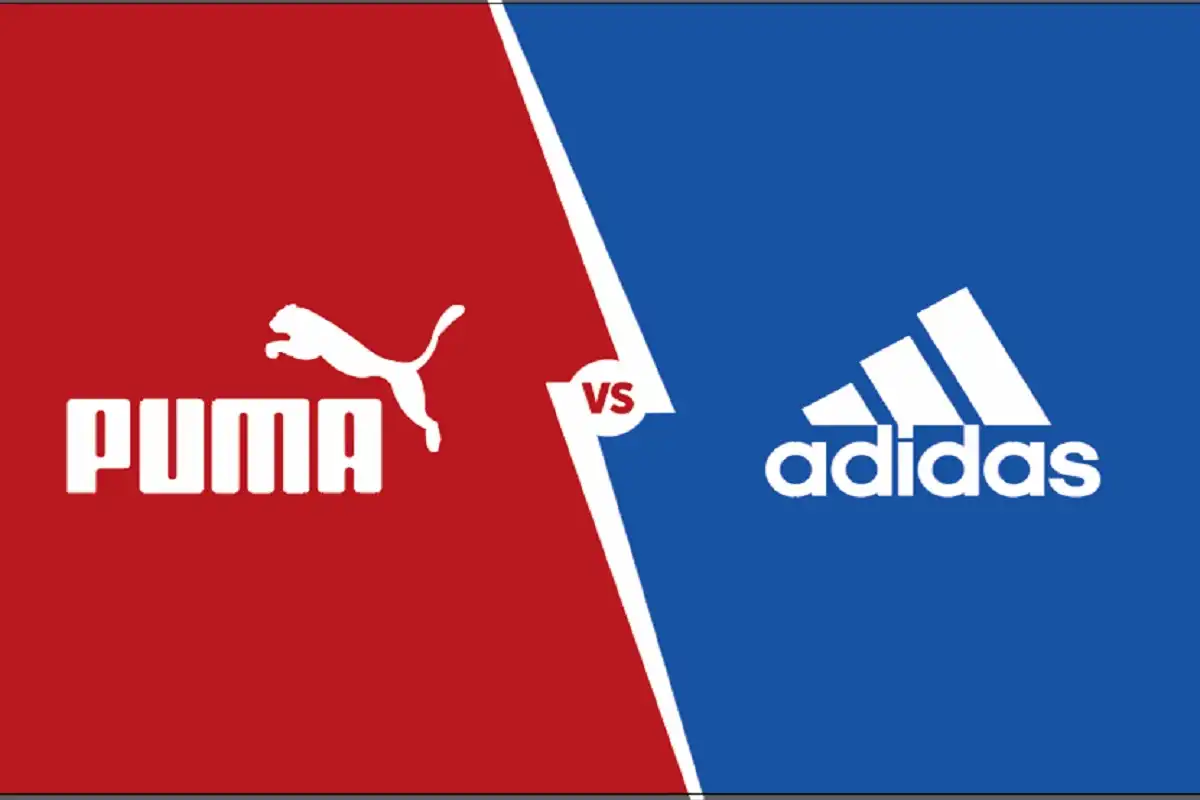The roots of Real Madrid’s European dominance trace back to the inaugural edition of the European Cup in 1955-1956. With legendary players like Alfredo Di Stéfano and Ferenc Puskás, Real Madrid clinched their first European title by defeating Stade de Reims 4-3 in the final. It marked the beginning of an era of continental supremacy for the club.
In the following years, Real Madrid continued to assert their dominance in Europe, clinching the European Cup in 1957, 1958, 1959, and 1960, becoming the first club to win the prestigious trophy five times in a row. This remarkable feat solidified their status as one of the greatest teams in football history.
However, after the glory years of the 1950s and 1960s, Real Madrid endured a period of relative drought in the European Cup, with sporadic successes in the 1970s and 1980s. It wasn’t until 1998 that the club reclaimed its status as European champions, defeating Juventus 1-0 in the final, thanks to a goal from Predrag Mijatović.
The turn of the century witnessed a resurgence of Real Madrid in the UEFA Champions League, fueled by the Galácticos era, characterized by the acquisitions of superstars like Zinedine Zidane, Luís Figo, and Ronaldo Nazário. In 2000, Real Madrid lifted the Champions League trophy once again, overcoming Valencia in the final to secure their eighth European title.
The pinnacle of Real Madrid’s modern Champions League dominance came in the 2010s under the management of José Mourinho and later Zinedine Zidane. In 2014, Real Madrid clinched their tenth European title, famously known as La Décima, by defeating city rivals Atlético Madrid in a dramatic final that went into extra time. Sergio Ramos’s last-minute equalizer became emblematic of Real Madrid’s never-say-die spirit.
Building on the momentum of La Décima, Real Madrid went on to win the Champions League in three consecutive seasons from 2016 to 2018, a feat unmatched in the modern era of football. Led by the brilliance of Cristiano Ronaldo and a blend of seasoned veterans and emerging talents, Real Madrid asserted their dominance on the European stage, defeating Atletico Madrid, Juventus, and Liverpool in the respective finals.
The departure of Cristiano Ronaldo in 2018 marked the end of an era for Real Madrid, but the club’s appetite for European success remained insatiable. In 2022, under the guidance of manager Carlo Ancelotti, Real Madrid captured their 14th Champions League title, defeating Manchester City in the final, with Karim Benzema delivering a masterclass performance.
Throughout its illustrious history in the UEFA Champions League, Real Madrid has epitomized excellence, resilience, and a relentless pursuit of greatness. From the glory days of the 1950s to the modern era of superstar squads, the club’s legacy in European football stands as a testament to its enduring spirit and unrivaled success.







